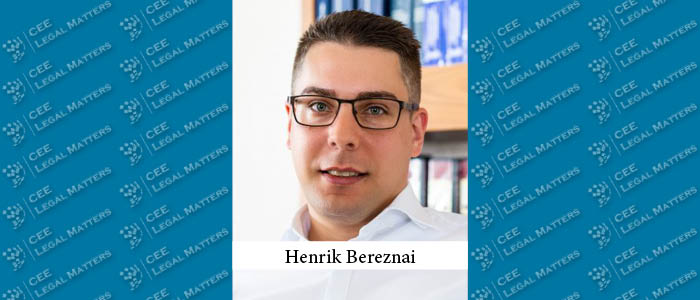As part of the implementation of the European Union's waste management directives, Hungary will also need to apply the rules of the ‘Extended Producer Responsibility’ (EPR) legislation as from 1 July 2023.
What is EPR?
EPR stands for Extended Producer Responsibility. The concept is that at the end of the lifecycle of certain products, both manufacturers and the first domestic distributors are responsible for and have an obligation to pay for waste management. The first payment obligation will arise as a result of the first data submission due on 20 October 2023, and after that, EPR fee must also be paid.
While there's a lot of information about this new legislation, there are still many questions and misconceptions. Therefore, in the following 7 + 1 points, in a question-answer format, we have gathered the fundamental aspects that can help stakeholders prepare for the first data submission due on 20 October 2023.
Which products are covered by the new legislation?
The legislation applies to so-called circular products. The current Hungarian legislation defines products more broadly than required by the EU, so the EPR obligation covers packaging, certain single-use and other plastic products (e.g., cups, food containers), electrical and electronic equipment, batteries and accumulators, vehicles, tires, office and advertising paper, cooking oil and fat, textile products, and wooden furniture.
Does the new legislation only effect on big enterprises?
Unfortunately, no. The EPR obligation affects the majority of businesses to some extent. If a business manufactures circular products or is the first to place them on the domestic market, it falls under the EPR obligation automatically.
What do I need to do if I manufacture or distribute circular products domestically?
In this case, you must fulfill a so-called dual registration obligation. Firstly, you need to register on the Partner Portal of MOHU Ltd. Secondly, you must also register separately with the national waste management authority.
Is it enough to submit data to the waste management authority quarterly, or are there other obligations?
Data submission is just one of the many administrative obligations. Besides the registration obligation mentioned earlier, you also have obligations for record-keeping, fee payment, invoicing-related clause, as well as information and cooperation obligations.
Whom do I pay the EPR fee to, and based on what, is it considered as a tax?
The EPR fee must be paid to MOHU Ltd. against an issued invoice. The first invoices are expected to be sent to stakeholders in early November 2023.
Unlike environmental product fees, EPR is not considered as a tax. However, it is worth noting that the EPR fee can be deducted from the environmental product fee, so double taxation for the same product is avoided.
The fee rates for the year 2023 were determined by the Minister of Energy in Decree No. 8/2023. (VI.2.) EM. It is evident from this decree that the EPR fees are significantly higher compared to the previous environmental product fees. For example, while the fee for paper and cardboard was 19 HUF/kg, the EPR fee is now 173 HUF/kg. Similarly, the EPR fee for plastics is nearly four times higher (219 HUF/kg) compared to the previous 57 HUF/kg fee.
Can I avoid paying the EPR fee?
In special cases, you may be exempt from the obligation to pay the EPR fee.
For example, individuals and charitable nonprofit organizations may be exempt if they sell the product in question outside of economic business activity.
You also do not have to pay the EPR fee if, for instance, the product is sold or stored in a tax warehouse or within such a warehouse, or if it is exported 60% or more as a standalone product or part of another product.
Will the tax authority check compliance with the obligation? Who will enforce it?
Since the EPR fee is not considered as a tax, the tax authority will not have the right to carry out audits or enforce it. These tasks fall under the responsibility of the national waste management authority (Pest County Government Office). In cases of non-compliance, they are expected to issue warnings initially, but the authority also has the power to suspend the distribution of the product, impose fines, and in the case of a failure to register, even refuse to collect the concession waste.
+ How can I prepare effectively?
It is advisable to thoroughly examine the subject with the help of experts, classify the products passing through your business. This can help establish proper records and, in some cases, reduce EPR fees. Additionally, in certain situations, you can also reduce administrative obligations, avoiding extra payment obligations.
By Henrik Bereznai, Attorney, Jalsovszsky




